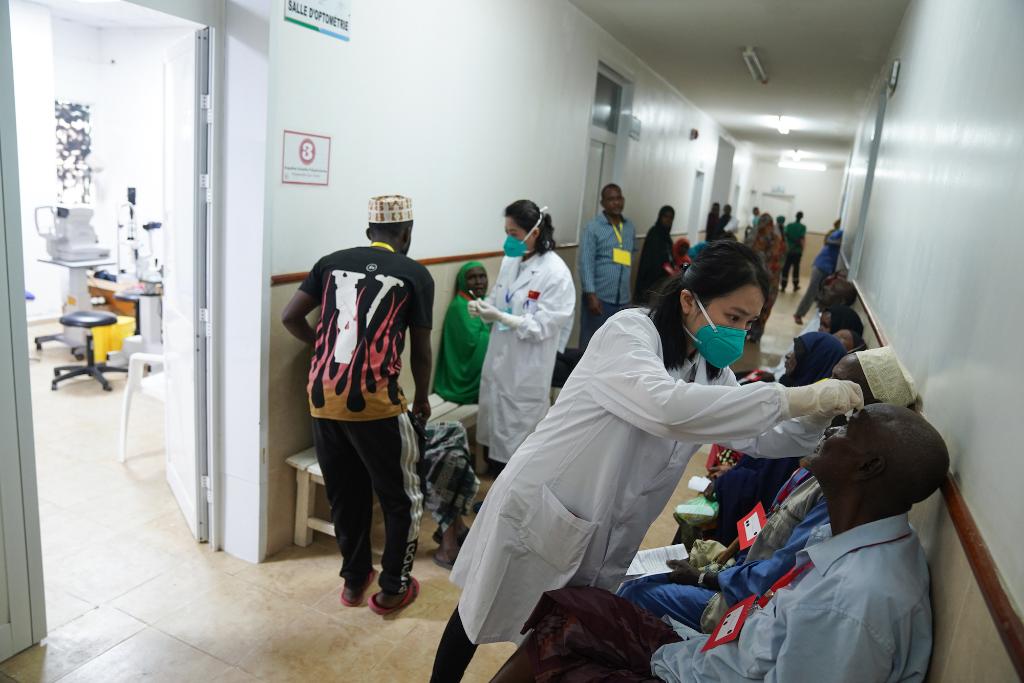allureaestheticsazflagstaff.com – Djibouti, a small nation strategically located in the Horn of Africa, has been making strides in developing its healthcare infrastructure to meet the needs of its growing population. The country’s healthcare system is a mix of public and private facilities, with the government playing a significant role in providing healthcare services.
Public Healthcare System
The public healthcare system in Djibouti is structured into three levels: primary, secondary, and tertiary care. Primary healthcare is the first point of contact for most patients and includes health centers and clinics that offer basic medical services, maternal and child health care, and vaccinations. Secondary care is provided by regional hospitals, while tertiary care, which includes specialized medical services, is available at the national referral hospital in the capital, Djibouti City.
Private Healthcare Sector
The private healthcare sector in Djibouti complements the public system by providing additional services, including specialized clinics, diagnostic centers, and pharmacies. Private hospitals and clinics often have more advanced medical equipment and can offer a higher standard of care, but at a higher cost.
Challenges and Improvements
Despite efforts to improve healthcare infrastructure, Djibouti faces several challenges, including limited resources, a shortage of healthcare professionals, and geographical barriers that make it difficult for people in rural areas to access medical services. To address these issues, the government has been working on expanding healthcare facilities, training more healthcare workers, and implementing telemedicine programs to reach remote populations.
International Partnerships
Djibouti has also benefited from international partnerships and aid, which have helped to build new hospitals, equip healthcare facilities, and support health initiatives such as vaccination campaigns and disease control programs. These partnerships are crucial for the continued development of Djibouti’s healthcare infrastructure.
Conclusion
While Djibouti’s healthcare infrastructure has seen improvements, there is still a need for ongoing investment and support to ensure that all citizens have access to quality healthcare services. The government’s commitment to expanding and improving the healthcare system, along with international assistance, will be key in achieving this goal.
